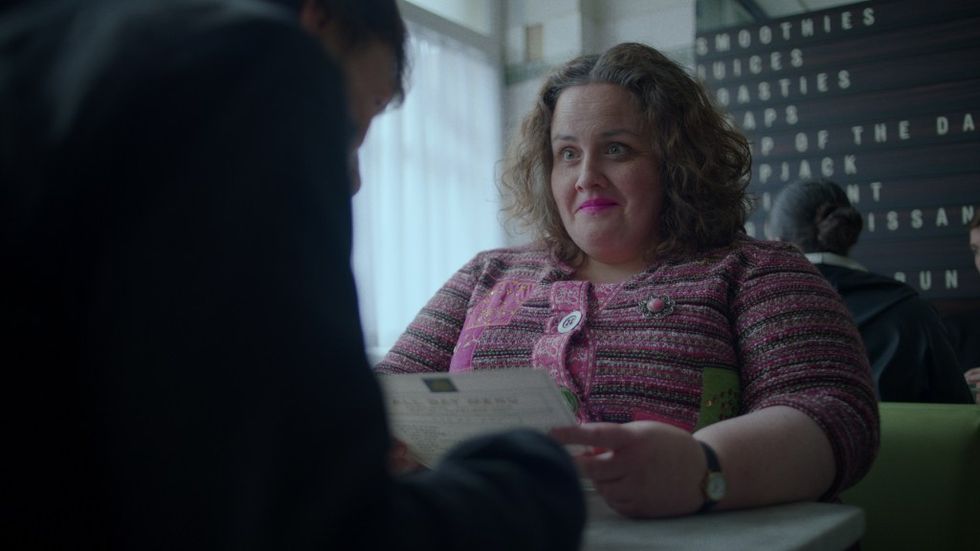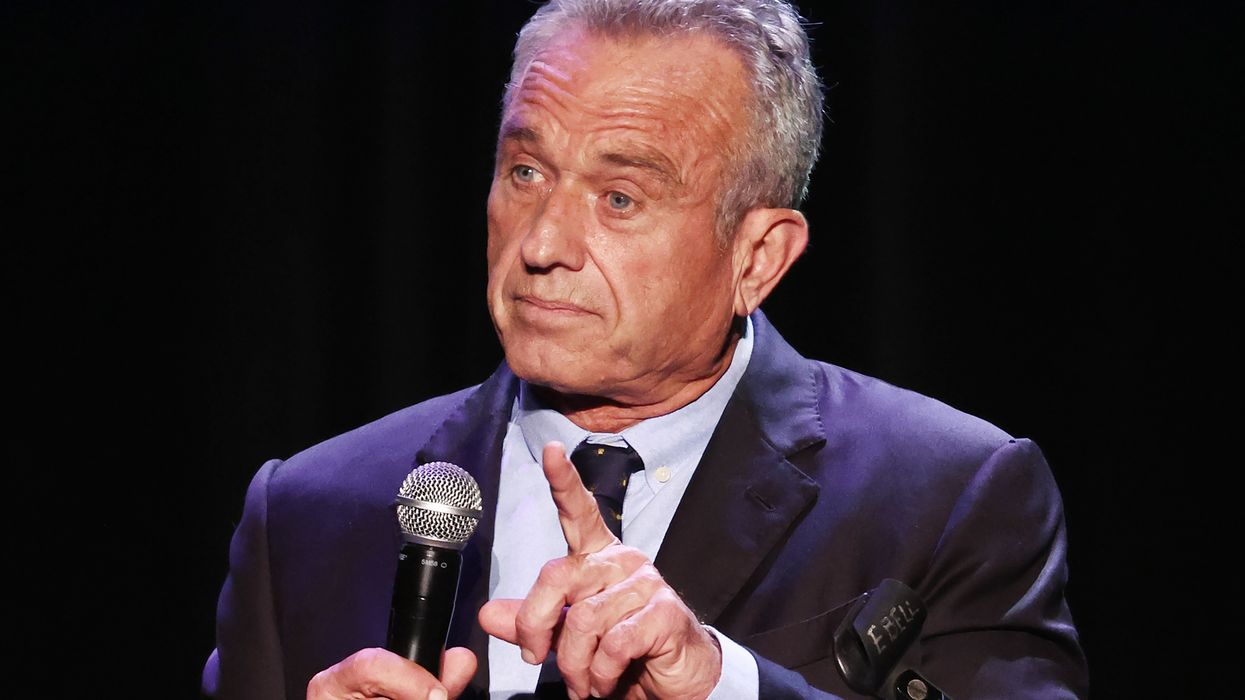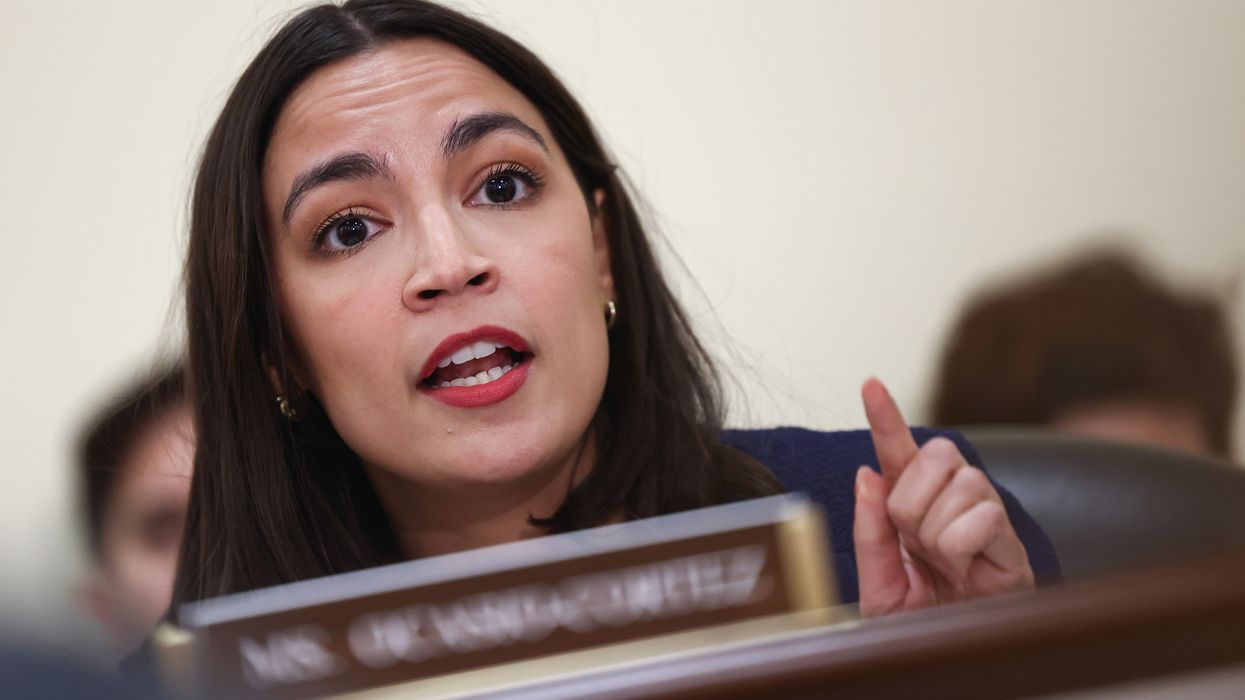In 2021, The New York Times Magazine published a nearly-10,000-word feature titled “Who Is the Bad Art Friend?” The piece was about a woman named Dawn Dorland, who donated a kidney to a stranger, which she posted about at length in a Facebook group for aspiring writers. Another member of the group, Sonya Larson, wrote a short story inspired by Dorland, prompting an enraged Dorland to sue.
When “Who Is the Bad Art Friend?” was published, it prompted a massive online debate. Some sided with Dorland, arguing that Larson had betrayed her trust; others sided with Larson, claiming that seeking inspiration from real life is the marrow of great fiction. At the heart of the discourse was the central question: In a world where consent and privacy are ostensibly paramount, how do those principles translate to art? Does it make you a “bad art friend” to seek inspiration from those around you, or does it make you simply an artist? Another way of putting it: What is the role of empathy in art?
Three years later, we seem to be more confused about the topic than ever. This is evident from the discourse sparked by Baby Reindeer, the acclaimed Netflix limited series about a comedian, Donny Dunn (Richard Gadd), being stalked by an older woman, Martha Scott (Jessica Gunning).
As a work of art, Baby Reindeer is deeply moving. It is also profoundly uncomfortable to watch. Partly that’s because the show deftly questions long-held orthodoxies about sexual abuse, mental health, and gender identity — in particular, suggesting that the line between victim and abuser is far more tenuous (or even blurry) than we’d like to believe. But it’s also because from the very start, via an onscreen message, we are told that “this is a true story.”
When Baby Reindeer started airing, internet sleuths predictably set to work trying to identify the real-life inspiration for Martha, despite Gadd’s request on social media that they not. Within days, they pointed to Fiona Harvey, a middle-aged lawyer who’d tweeted excessively at Gadd around the same period the show is set in.
Much like Dorland, who did not enjoy being publicly skewered, Harvey was enraged by the character of Martha. In interviews, she claimed that Gadd had fabricated or exaggerated most of the series — particularly the fact that Martha was eventually jailed for her actions — and threatened to sue him. (On June 6, Harvey filed a multimillion-dollar defamation lawsuit against Netflix; neither Gadd nor Netflix have responded to her claims or confirmed she was the inspiration for Martha.) In short, she accused Gadd of being a bad art friend.

Though Gadd certainly could have obscured some of the identifying details in Baby Reindeer, it’s hard to argue that he didn’t have the right to tell his own story as he experienced it, whether or not it coincides with the version of events put forth by his source of inspiration. While it may make us squirm to watch Donny Dunn masturbate over the thought of having sex with his stalker, the truth is often uncomfortable, and the complex feelings Gadd had for his alleged stalker are no exception. Indeed, part of what makes Baby Reindeer such a remarkable piece of art is how Gadd extends so much more understanding to his abuser than she arguably deserves.
For all the buzzwords that people reared on the internet use to preach the language of empathy — the importance of respecting boundaries, of not platforming abusers, of amplifying marginalized voices and silencing those who misuse their power — we’re awfully quick to attack when a video goes viral of someone losing their shit on an airplane or yelling at a Target employee. What matters to the online mob in these moments is not, it seems, whether a person is mentally ill or neurodivergent or in the throes of a personal crisis or just having a bad day. What matters is finding out who they are and making sure they are held accountable for their bad behavior, even though what accountability looks like changes on any given day. What matters is declaring a good guy and a bad guy, where both of these roles are obvious and unchanging.
On the surface, Baby Reindeer may not seem so kind to Martha. But this is a shallow reading of the character. Though Martha is messy, violent, irrational, and occasionally bigoted, she also has moments of genuine charm and vivaciousness, as well as flashes of insight into other people’s lives. “Someone hurt you, didn’t they?” she remarks to Donny, not knowing how accurate she is. Even though she does incalculable harm to people throughout the series, Gadd never fails to remind us of her humanity. It is a nuanced portrayal — one that would not have been possible without Gadd having genuine empathy for the real woman he was writing about.
It’s ironic, then, that the discourse around this show has centered on demonizing a fiction writer for exercising precisely the level of empathy that most people on the internet lack. It takes integrity to look at the person who’s made your life a living hell and try to find something redeemable in her, something that could help to account for, if not justify, why she became who she is. And it takes courage to share your process of recovery with the rest of the world. We can blame Richard Gadd for cutting corners in not changing certain key details, but we can’t blame him for failing to consider the real-life Martha’s feelings in the process of telling his own story — and hers. He’s not the bad art friend; we are.













 Photographer: Raphaëlle Sohier / Executive production: Elizabeth Crisante & Amanda Dorenberg / Design: Alex Filipas / Post-production: Bryan Egan/ Headpiece: Tristan Réhel
Photographer: Raphaëlle Sohier / Executive production: Elizabeth Crisante & Amanda Dorenberg / Design: Alex Filipas / Post-production: Bryan Egan/ Headpiece: Tristan Réhel Photo: Raphaëlle Sohier
Photo: Raphaëlle Sohier Photo: Raphaëlle Sohier/ Photo production: Bryan Egan/ Blazer:
Photo: Raphaëlle Sohier/ Photo production: Bryan Egan/ Blazer:  Photo: Raphaëlle Sohier/ Blazer: Vivienne Westwood/ Skirt :
Photo: Raphaëlle Sohier/ Blazer: Vivienne Westwood/ Skirt : 


